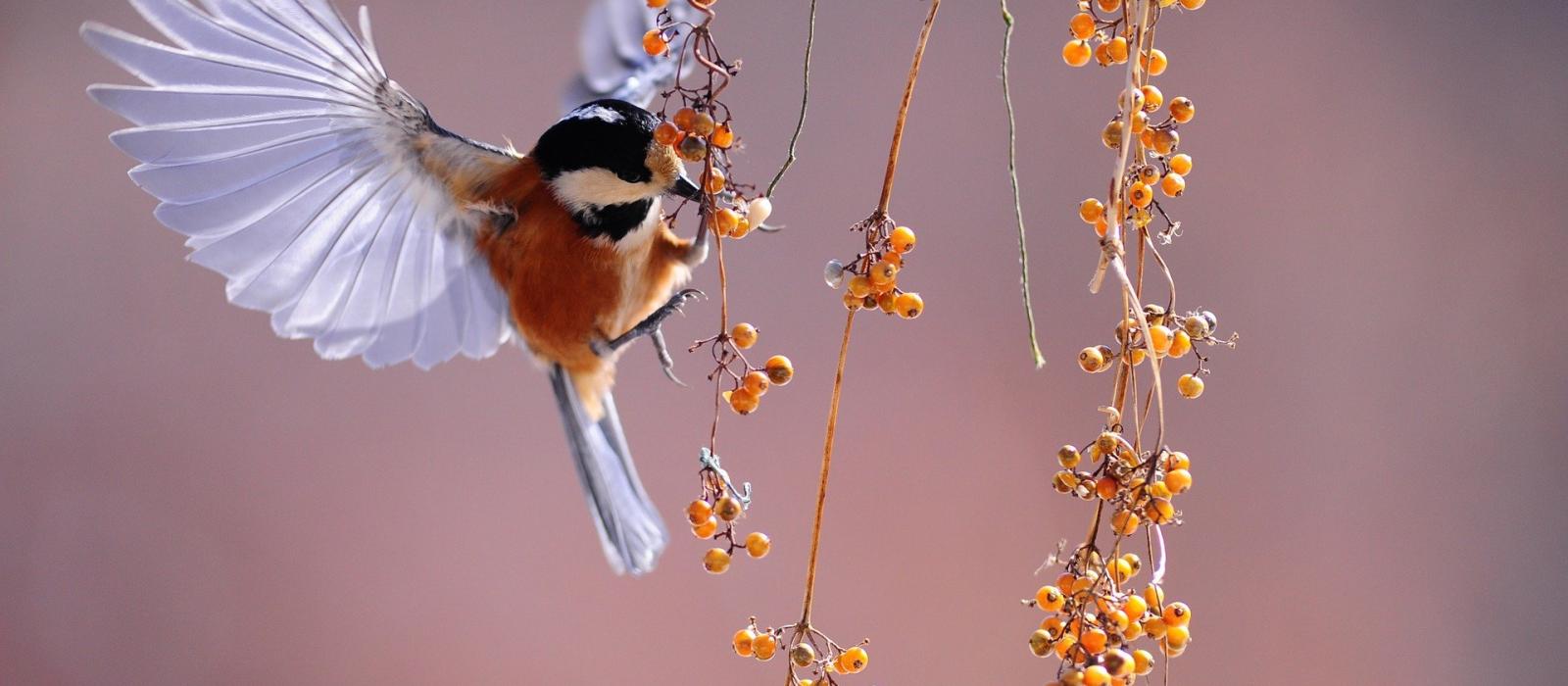Natural History

Naturalists share a love of learning about the natural environment, its history, and our connection to ecosystems, plants, and wildlife.
"A naturalist can draw on a deep and broad familiarity with one or more groups of organisms or ecological communities in order to inspire ideas, evaluate hypotheses, and intelligently design research with an awareness of organisms' special peculiarities."
Douglas Futuyama, "Wherefore and Whither, the Naturalist?" American Naturalist (1998) 151:2
Pursue a career as a Naturalist
Naturalists come from a variety of backgrounds. No career path will be applicable for everyone.
What should I study?
Most naturalists attain at least a bachelor’s degree, but many entry-level roles may require a master's degree. Educational background may include classes or a degree in:
- Natural or cultural resources
- Interpretation
- Education
- History
- Environmental sciences
- Biology
- Anthropology
- Recreation
Many states also have state-specific naturalist programs which can help further your education and prepare you with additional skills. Try entering search terms like your state and naturalist program in your internet browser to find programs in your area.
Below are a couple of examples of specific naturalist programs:
- Salish Sea Association of Marine Mammals
- South Carolina Association of Naturalists
- Iowa Association of Naturalists
- Minnesota Naturalists’ Association
- Southwestern Association of Naturalists
Where can I find a naturalist career?
Naturalists may work in a variety of settings, including:
- Education Centers
- Nature Centers
- County Offices of Education
- Wildlife or Wetlands Sanctuaries
- Interpretive & Historical Associations
- Outdoor Schools
- Field Institutes
- Foundations
Position titles might include, but are not limited to:
- Naturalist
- Naturalist Teacher
- Park Naturalist
- Interpretive Naturalist
- Land Steward
What are some other ways to gain experience?
Naturalists interested in becoming educators can get experience through the National Geographic Society's Educator Certification, a free professional development program. In addition, attend online courses, internships, and conferences like those listed in The Wildlife Society's professional development page to learn more about the field.